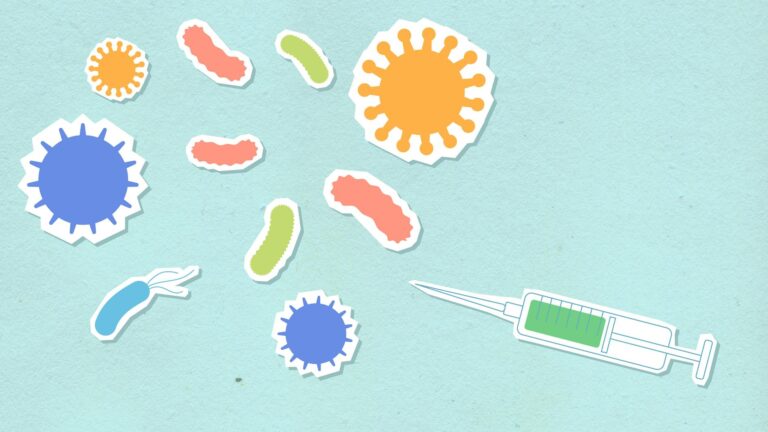As we age, our brain health becomes increasingly important. From memory and decision-making to overall cognitive function, the health of our brains can greatly impact our daily lives. While many factors contribute to brain health, one of the most significant is our diet. The food we eat can either nourish and protect our brains or harm them. That’s why it’s important to pay attention to what we eat and make wise choices when it comes to our diet. In this article, we will explore the concept of “Eat This, Not That” to protect your brain.
What is “Eat This, Not That”?
“Eat This, Not That” is a popular phrase used to encourage people to make healthier food choices. It originated from a book series by David Zinczenko and Matt Goulding, which compares the nutritional value of different food options and recommends healthier alternatives. The idea behind this concept is to bring awareness to the impact of our food choices and promote a healthier diet.
Why is it important for brain health?
Our brains are constantly working and require a significant amount of energy to function properly. This energy comes from the food we eat, which is broken down into glucose and used as fuel for our brain cells. A diet high in processed foods and unhealthy fats can lead to inflammation and damage in the brain, affecting its ability to function efficiently. On the other hand, a diet rich in whole foods, healthy fats, and antioxidants can help protect and support brain function.
What should I eat?
To protect your brain, focus on incorporating nutrient-rich whole foods into your diet. These include fruits, vegetables, whole grains, lean proteins, and healthy fats such as avocados, nuts, and fatty fish. These foods provide essential vitamins, minerals, and antioxidants that are crucial for brain health.
Fruits and vegetables are particularly important for brain health as they are packed with antioxidants that help reduce inflammation and oxidative stress in the brain. Some of the best options for brain health include blueberries, leafy greens, and cruciferous vegetables like broccoli and cauliflower.
Whole grains, such as brown rice, quinoa, and oats, provide a steady release of glucose to the brain, promoting better cognitive function and memory. Lean proteins, such as chicken, fish, and tofu, are necessary for the production of neurotransmitters that regulate our mood, memory, and learning.
Healthy fats, specifically omega-3 fatty acids found in salmon, sardines, and walnuts, have been shown to improve brain function and protect against cognitive decline. They also help reduce inflammation in the brain and promote healthy blood flow.
What should I avoid?
Processed foods, refined sugars, unhealthy fats, and excess alcohol consumption are all detrimental to brain health. These foods can lead to inflammation, damage to brain cells, and impaired cognitive function. It’s important to limit or avoid these foods as much as possible.
Some common processed foods to avoid include chips, cookies, and other snacks high in trans fats and sugar. Fried foods, processed meats, and packaged meals are also linked to poor brain health.
Excessive alcohol consumption is also harmful to brain health. It can damage brain cells and impair cognitive function, leading to memory loss and other cognitive problems. It’s recommended to limit alcohol intake to no more than one drink a day for women and two drinks a day for men.
In conclusion, “Eat This, Not That” is a simple yet effective concept when it comes to protecting your brain. By making mindful choices and incorporating nutrient-rich whole foods into your diet while limiting processed foods and unhealthy fats, you can support and maintain a healthy brain. Remember, what we eat not only affects our waistline but also our brain health. So choose wisely and nourish your brain for a happier and healthier life.





